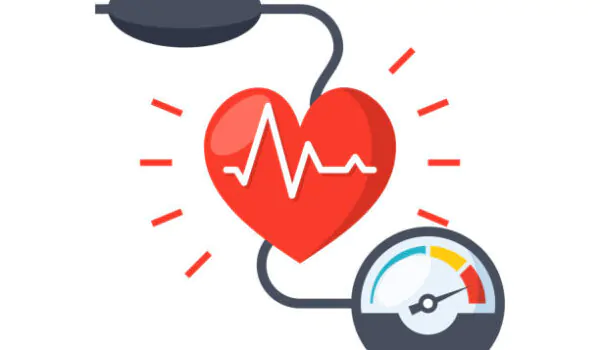
Could you please explain in more detail how diuretics, commonly referred to as water pills, work to lower blood pressure by promoting the excretion of excess fluid from the body through increased urine production?




Lost your password? Please enter your email address. You will receive a link and will create a new password via email.
Please briefly explain why you feel this question should be reported.
Please briefly explain why you feel this answer should be reported.
Please briefly explain why you feel this user should be reported.
Diuretics, sometimes known as water pills, are drugs that reduce blood pressure by boosting the kidneys’ excretion of sodium and water. Here’s how they operate:
Diuretics reduce fluid volume by stimulating the kidneys to eliminate more salt and water. By doing so, they reduce the overall volume of fluid in the bloodstream, reducing the amount of fluid that the heart must pump and therefore lowering blood pressure.
Lowering Blood Volume: As the kidneys eliminate more sodium and water from the bloodstream, the volume of blood that circulates in the body lowers. This decrease in blood volume causes less pressure against the walls of the blood vessels, resulting in a lower blood pressure.
Relaxing Blood Vessels: Some diuretics, such as thiazide diuretics, can induce blood vessels to relax (vasodilation), lowering blood pressure even more by reducing resistance to blood flow through the vessels.
Diuretics work by assisting the body in eliminating extra salt and water, reducing the volume of blood flowing in the body and resulting in lower blood pressure. They are frequently used as a first-line treatment for hypertension (high blood pressure) and can be used alone or in conjunction with other drugs to lower blood pressure.